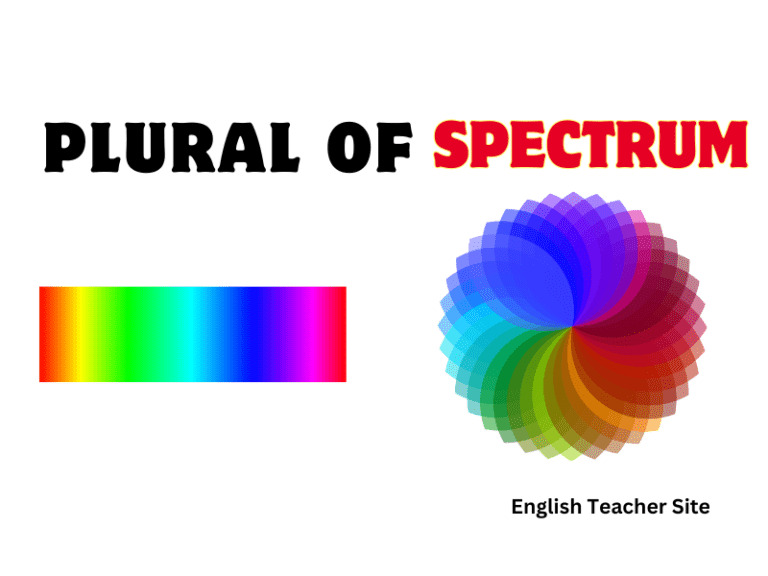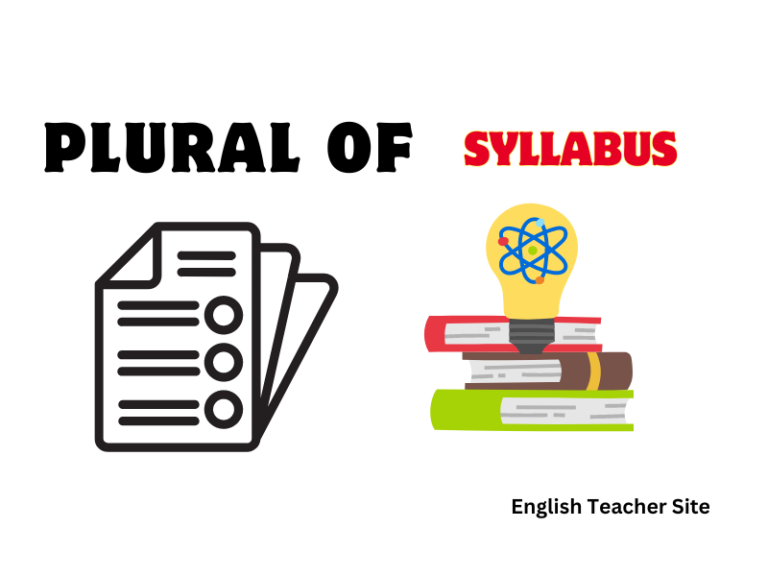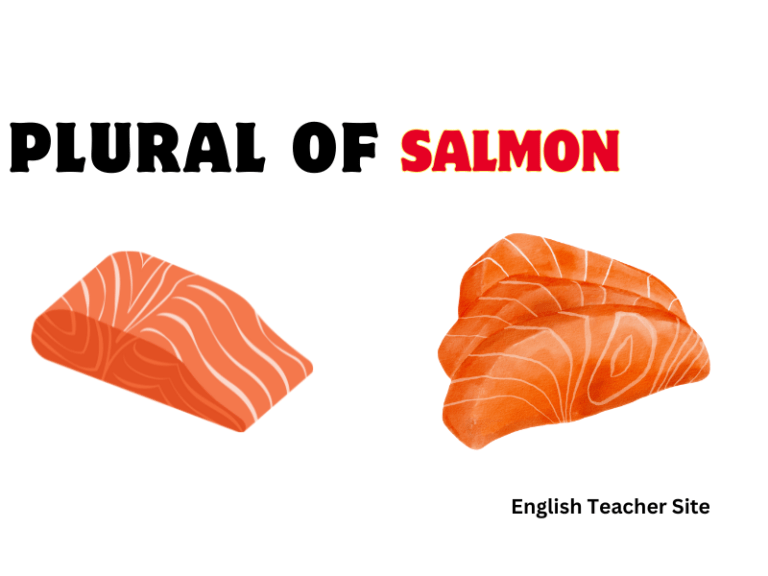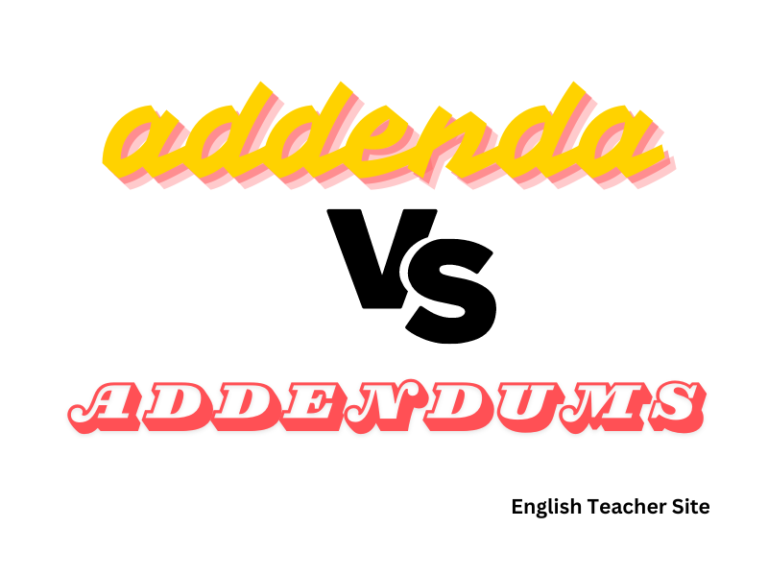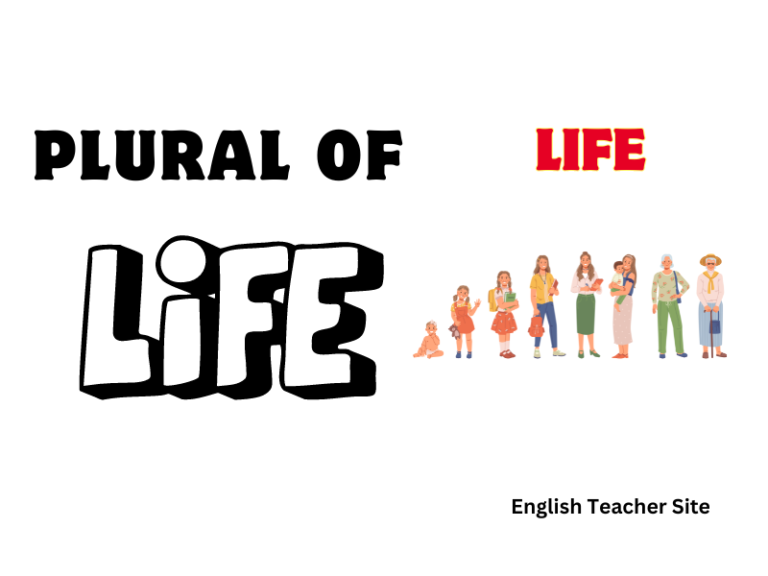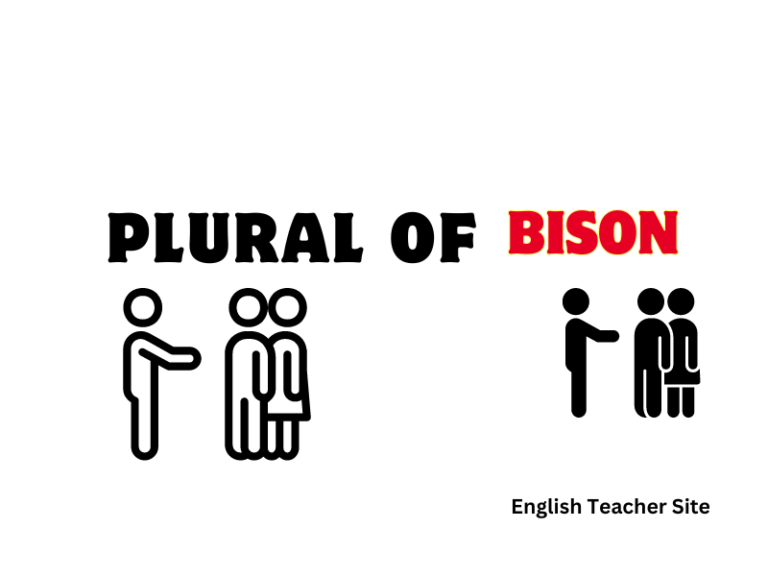Plural of Potato: Is It Potatoes or Potatos?
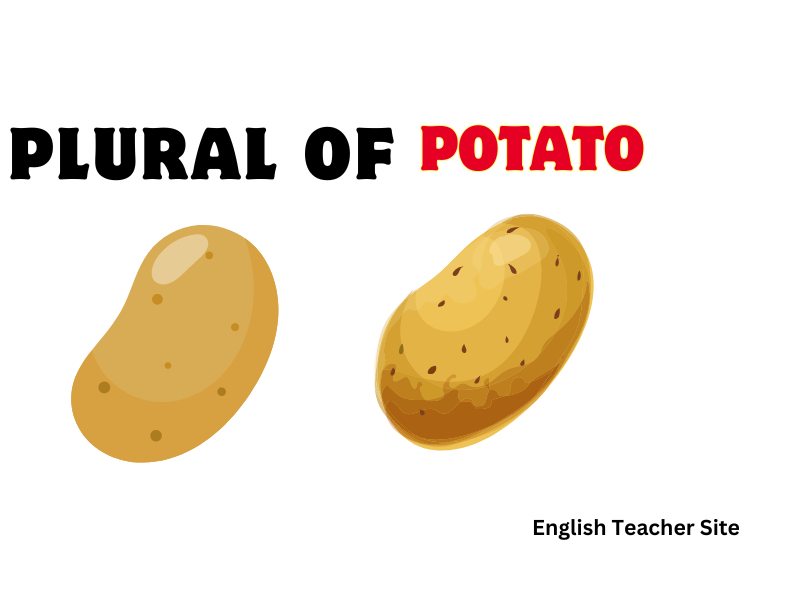
“Potatoes” is the grammatically correct plural form of “potato.”
The debate over whether the plural of potato is “potatoes” or “potatos” often confuses many, both native English speakers and learners alike. While it may seem trivial, understanding the proper plural form is essential for clear communication and maintaining linguistic accuracy. Grammatical mistakes, no matter how small, can detract from credibility, especially when presenting information in professional or academic settings. In written communication, adhering to standard rules helps ensure clarity and ensures that your audience takes you seriously. Thus, understanding the proper form of “potato” not only enriches your language skills but also aids in cultivating an effective and polished communication style.
The Correct Plural of Potato: Potatoes
Why potatoes is the standard plural form
The plural of “potato” is “potatoes” because it conforms to the historical pluralization rules of English. In English, many nouns that end with “o” take the “es” suffix for pluralization, such as “tomato” becoming “tomatoes” and “hero” becoming “heroes.” The formation of “potatoes” follows this exact rule, which ensures it aligns with other common English plural forms that end with “o.”
Examples of other words with similar plural rules
Much like “potato,” other nouns ending in “o” follow the same pluralization pattern. For example:
- Tomato becomes tomatoes
- Hero becomes heroes
- Buffalo becomes buffaloes
These words, despite their differences in origin and meaning, share a similar pattern in the formation of their plural. They provide a clear example of the consistency in English grammar regarding nouns ending with “o.”

The Common Mistake: Potatos
How the spelling of potatos came about
The confusion surrounding the plural of “potato” often arises due to the common misbelief that words ending in “o” only require an “-s” to become plural. This misunderstanding leads to the erroneous spelling “potatos” instead of the proper “potatoes.” The mistake has likely been propagated by informal speech and spelling conventions over time, where people might instinctively drop the “e” in the plural form, following the pattern of other nouns that end with “o” like “piano” (which simply becomes “pianos”).
The impact of regional variations and informal language
Regional dialects and informal language usage also contribute to this confusion. In some areas, it is more common to hear “potatos” as a colloquial form. As English is spoken in a multitude of dialects around the world, the rules governing pluralization can sometimes get blurred in everyday speech. However, when it comes to written language, the standard form “potatoes” remains the most widely accepted and used.
Common Misconceptions About the Plural of Potato
Is potatos ever acceptable? Debunking myths
Despite frequent misuse, “potatos” is never grammatically acceptable in standard English. While informal speech or creative writing may occasionally play with language for effect, the correct plural form in formal writing and speech remains “potatoes.” No dictionary or style guide endorses “potatos” as an acceptable variant, and those seeking to communicate with precision and professionalism should always adhere to the correct form.
Why English speakers might use potatos unintentionally
Unintentional usage of “potatos” can arise from phonetic confusion or lack of attention to detail. In many instances, speakers may incorrectly extend the pattern of pluralizing other words ending in “o,” where only an “-s” is added. Without consciously reflecting on the correct form, it’s easy to slip into saying or writing “potatos.” However, this mistake should be corrected to ensure proper grammar.
The Influence of Other Languages on the Plural of Potato
Plural forms in Spanish, French, and other languages
Spanish and French provide a fascinating contrast to English when it comes to pluralization. In Spanish, the plural of “patata” (potato) is “patatas,” following the simple rule of adding “-s.” In French, the plural of “pomme de terre” (literally “earth apple,” the term for potato) is “pommes de terre,” also formed by adding “-s.” These simpler plural forms underscore the complexity of English, where irregular plurals like “potatoes” are the norm.
Final Thoughts: Mastering the Plural of Potato
A recap of why potatoes is the right choice
Ultimately, “potatoes” is the grammatically correct plural form of “potato.” Understanding the reasons behind its formation, rooted in both historical and linguistic traditions, strengthens our grasp on English grammar and usage. By learning the rules of pluralization and recognizing the exceptions, speakers and writers can improve their language skills and avoid common pitfalls.
Simple tips for remembering correct plurals in English
A good rule of thumb is to familiarize yourself with the most common irregular plurals and recognize their patterns. From “potato” to “tomato,” “hero” to “buffalo,” these words form plurals with “-es,” not just “-s.” Regularly practicing writing and reading these words will reinforce the correct usage.
Encouraging good grammar habits moving forward
Mastering the plural of potato is a small step in a larger journey toward excellent grammar. By paying attention to the nuances of the language and being diligent in applying the rules, speakers can enhance their fluency and impress others with their grammatical expertise. Grammar is an essential skill, and the more attention we give to the details, the more polished our communication becomes.
Sources
My name is Khamis Maiouf. I am the creator of the English Teacher Site, dedicated to providing valuable resources and insights for students around the world. With a passion for education and a commitment to helping students enhance their skills, I aim to make English teaching more effective and enjoyable for both educators and students.

